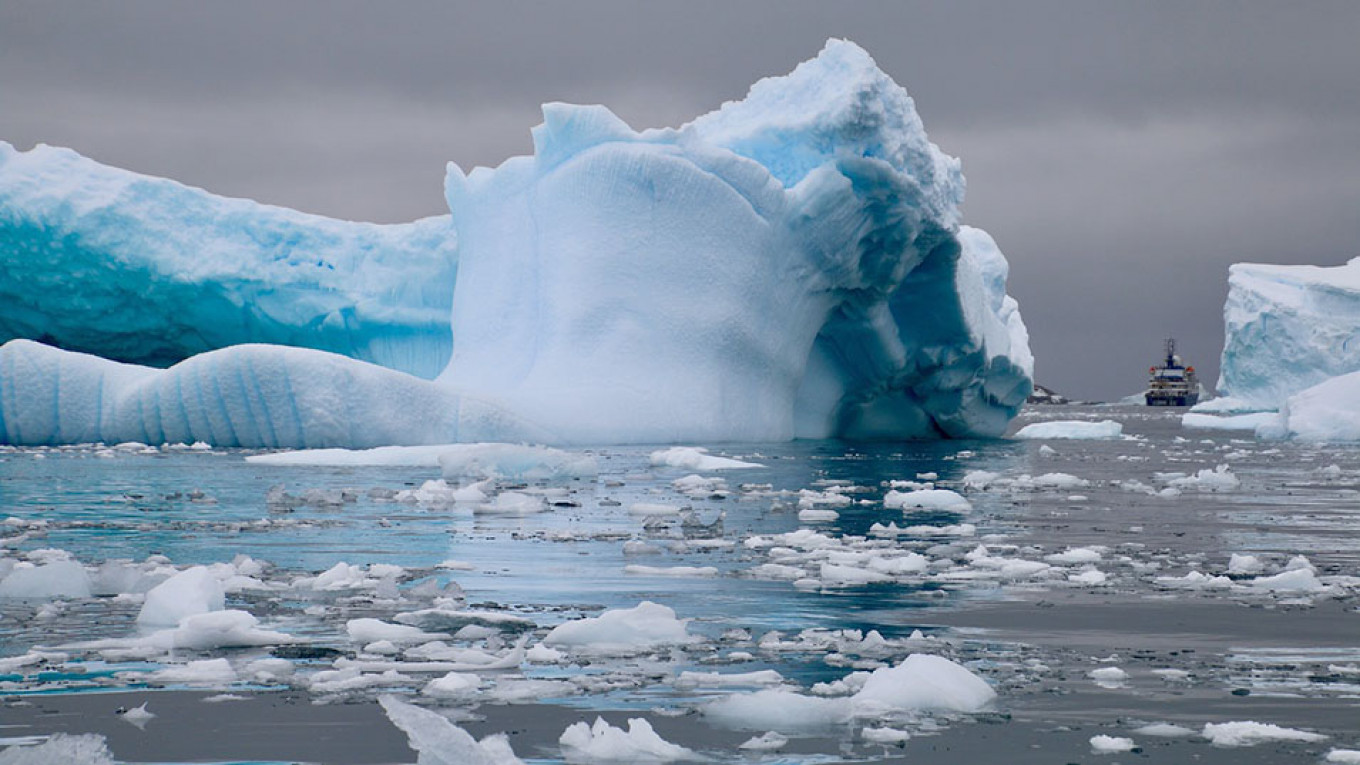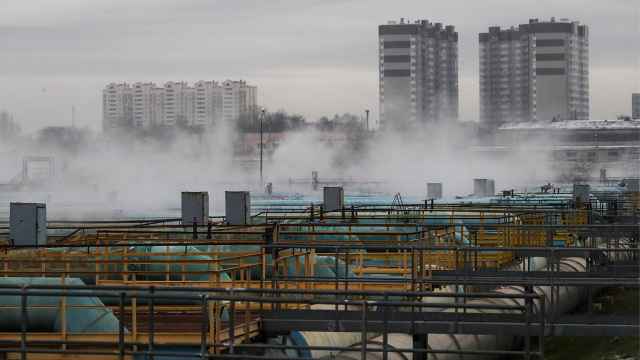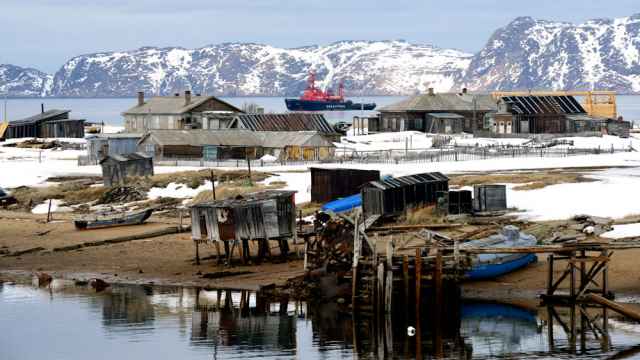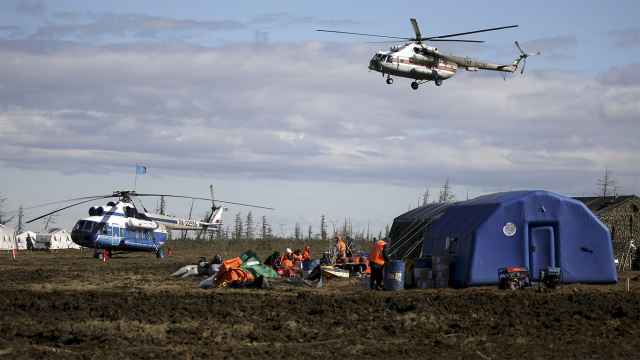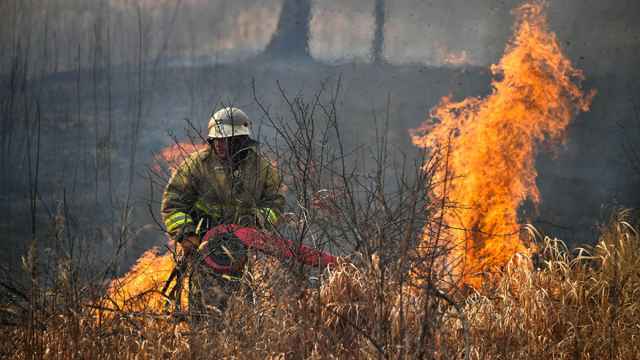Arctic sea ice recovery between Russia and Alaska has slowed to record levels since bottoming out over the summer, according to research, as climate change clears ice quicker and for longer periods.
Frozen water vanished from Russia’s Northern Sea Route in mid-August, opening up the Arctic shipping lane coveted by the Russian government. Arctic sea ice minimum in 2019 tied for the second-lowest in recorded history, according to NASA and the U.S. National Snow & Ice Data Center (NSIDC).
“Very slow sea ice growth continues in the Chukchi Sea,” tweeted Zack Labe, a University of California Ph.D. student studying sea ice, citing NSIDC data. The Chukchi Sea lies northwest of Alaska above the Bering Strait.
An attached chart showed November ice extent in the Chukchi Sea at its lowest level since records began. Melting in early spring and summer likely contributed to the record, Labe wrote last week.
“[E]xtensive open water remains in the Chukchi and Beaufort Seas, resulting in unusually high air temperatures in the region,” NSIDC said in its latest update.
At the same time, the snow and ice data center noted that “freeze-up has been rapid along the coastal seas of Siberia.”
Low ice threatens coastal communities because open water increases the distance of wind and waves, The Associated Press reported. Waves increase chances of erosion, winter flooding and longer distances for hunters to find seals and walruses, according to the agency.
“[Y]ou can’t grow ice, even if you bring ice in, if the water temperature is above freezing,” Andy Mahoney, a sea ice physicist at the University of Alaska Fairbanks’ Geophysical Institute, was quoted as saying.
“We’ve got a cold atmosphere. We’ve got a strong wind. You’d think we’d be forming ice, but there’s just too much heat left in the ocean,” AP quoted Mahoney as saying.
NSIDC mapping in late summer showed that sea ice retreat was concentrated in the East Siberian Sea and along the ice edge in the northern Beaufort and Chukchi Seas.
2019 has been the second-hottest year so far since data collection began in 1880, the U.S. National Oceanic and Atmospheric Administration (NOAA) said.
A Message from The Moscow Times:
Dear readers,
We are facing unprecedented challenges. Russia's Prosecutor General's Office has designated The Moscow Times as an "undesirable" organization, criminalizing our work and putting our staff at risk of prosecution. This follows our earlier unjust labeling as a "foreign agent."
These actions are direct attempts to silence independent journalism in Russia. The authorities claim our work "discredits the decisions of the Russian leadership." We see things differently: we strive to provide accurate, unbiased reporting on Russia.
We, the journalists of The Moscow Times, refuse to be silenced. But to continue our work, we need your help.
Your support, no matter how small, makes a world of difference. If you can, please support us monthly starting from just $2. It's quick to set up, and every contribution makes a significant impact.
By supporting The Moscow Times, you're defending open, independent journalism in the face of repression. Thank you for standing with us.
Remind me later.


